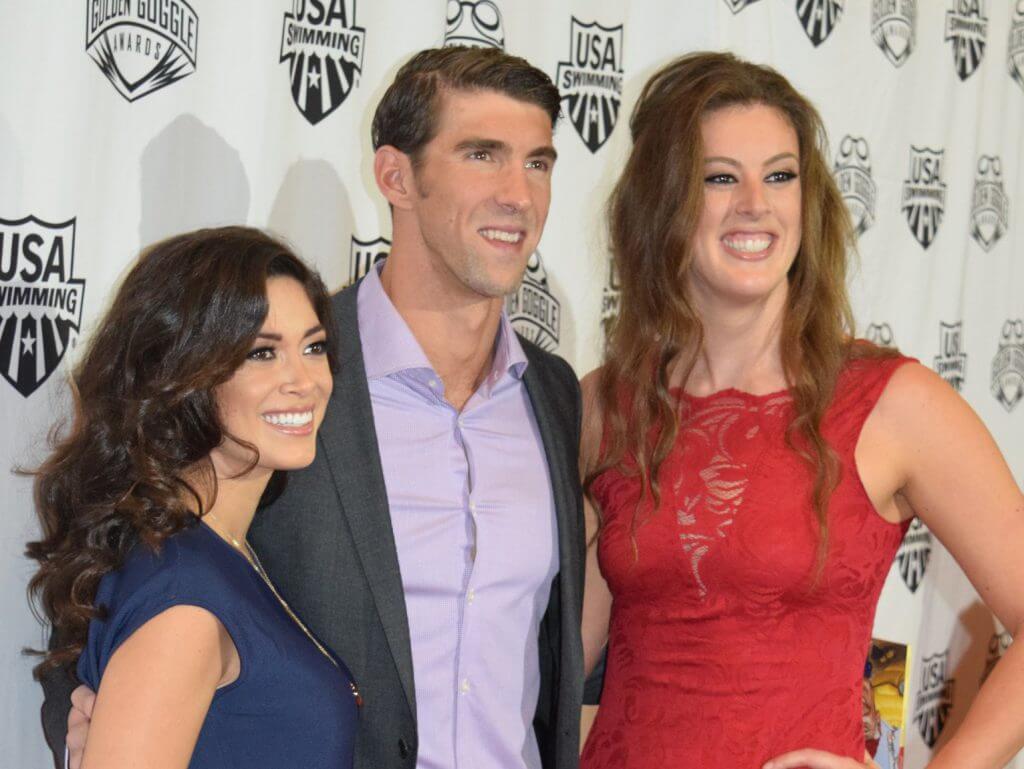Wellness Wednesday: It’s Ok to Not Be Ok – Breaking the Stigma Around Athletes’ Mental Health

It’s Ok to Not Be Ok: Breaking the Stigma around Athletes’ Mental Health
As swimmers, we are taught from a very young age to work hard and persevere. After a bad race, we’re told to shake it off and move on. During tough sets, we are wired to keep pushing through the pain. Sometimes, it’s easy to keep it together and continue moving forward. Other times, though, we struggle. While shedding a few tears in the warm-down pool is totally normal, these feelings of failure and disappointment surely have the ability to overpower us. Add that in with the pressure to stay composed and keep a smile on our faces, and it can be a recipe for disaster.
Over the past few years, more and more swimmers have spoken out about their mental health. Most notably is Michael Phelps, who began suffering from depression after the 2004 Olympic Games. He spent the next 10 years feeling trapped and alone, reluctant to seek help because he wanted to appear strong. In 2014, after contemplating suicide for multiple days, Phelps finally began to see a therapist. Athletes are often seen as some of the toughest people in the world. We’re taught at a young age to never give up. This can make the decision to seek therapy a difficult one. However, it is important to recognize that there is no shame in reaching out for help. In an article from TODAY.com, Phelps said: “If I hadn’t allowed myself to become vulnerable, I don’t know if I’d be here today. We need to give things a chance.”
Phelps even helped fellow U.S. National Team member and good friend Allison Schmitt gain the courage to seek help for her depression that began after the 2012 London Olympics. She kept quiet about her struggles until her cousin committed suicide in 2017. The tragedy inspired Schmitt to open up about her depression. Once afraid of public speaking, Schmitt now travels around the United States to talk to students and attend events that encourage awareness towards mental health. Schmitt told Women’s Health: “Being vulnerable is not weakness. It shows that you are strong enough to know that life is sometimes hard for you to handle and you need support.”
Swimmers like Schmitt and Phelps have worked to break the stigma around athletes’ mental health. Nevertheless, it’s not only swimmers who are striving to achieve this goal. Take, for example, the story of Hilinski’s Hope. Tyler Hilinski was once the star quarterback at Washington State University, until he tragically took his own life in January of 2018. Rather than sweep the event under the rug, Tyler’s parents founded the Hilinski’s Hope Foundation. In the organization’s mission statement, it is described as “a non-profit organization formed to promote awareness and education of mental health and wellness for student athletes.” By helping to connect students with mental health resources, organizations like Hilinski’s Hope work to create a world where athletes aren’t afraid to reach out for help.
Being a swimmer is hard. We train for hours upon hours for races that only last a few minutes, or even a few seconds. It can be difficult to keep a smile on our faces and embrace “the grind.” There is importance to recognize that this isn’t something to be ashamed of. If you or anyone you know is struggling, you can text HOME to 741741 to reach a trained Crisis Counselor.




Crisis support is valuable – as is empowering athletes/coaches to enhance their capacity to adopt a proactive approache to managing life and coping with mental health challenges.
Great article!
Swim coaches should also notice the signs. Be more aware of all of their swimmers and their state of mind. Help make all their swimmers feel part of the team because you have those that click in the group and those that don’t follow or are excluded from the group. These are the swimmers that they should foster more inclusion for and awareness of how other cliques of a team may make them feel, excluded. This will lead to a lot of those feelings of anxiety, loneliness and depression.
I swam and gave my life to swimming for many years in the 80’s. I now suffer from not being able to slow down at work and in my life which is still controlling my mental and physical health. We need to address this mental obligation of athletes of fighting thrue pain whatever the cost. We need to learn to let go when we move on from that crazy, exciting and wonderful world of high performance. I am now almost 55 years old and I need to forgive myself for not pushing until the breaking point.
This message is for everyone out there, who understands this and especially my partner and daughter who have the same DNA, life and pattern. Let’s help each other to live free and happy.